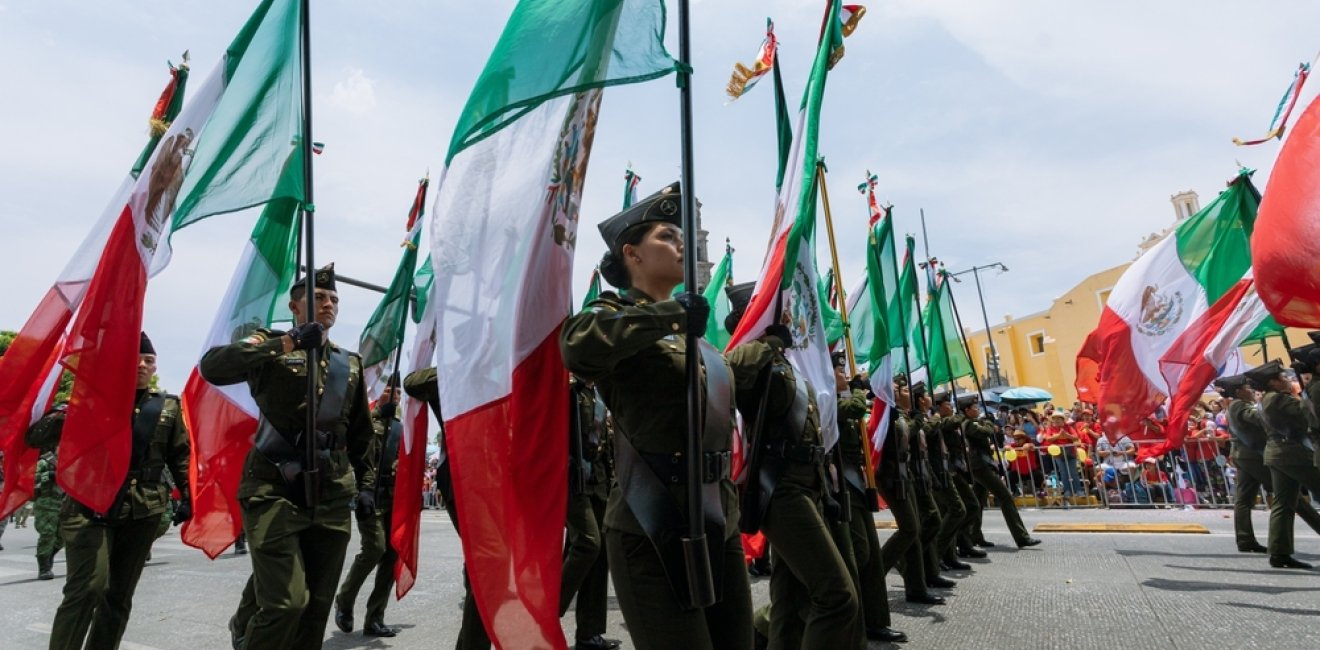Mexico’s ruling political movement, Morena, is attempting to capture and overthrow the judicial branch. But destroying the judicial power is not a “judicial reform”; it is a maneuver to dominate all three branches of government and subjugate them to the party. The intent was never to reform or strengthen the judiciary; therefore, discussing this plot as a “reform” is falling into the trap.
Given the shortcomings of the judiciary in the last decades, most critics concede that some reform is necessary, overlooking the importance of who makes it and when. It is an error to review the “reform” on its own merits, with its alleged problems, benefits, and “areas of opportunity,” doing this is discussing the wrapping, a decoy, and not what is at the core. The “reform” is a euphemism for a political project to concentrate power even further, hence fixing the debate on the technical aspects of the proposal, for example, the economic expenses of carrying out elections for thousands of judicial openings or how to convince citizens to go to the polls play into the government’s game.
The “reform” proposes that all judges in the country should be elected by popular vote, but judges cannot be elected; if they are, they instantly become something else. Of course, and once again, the “reform” is touted as a belated gift to the people. This coverup has nothing to do with making people participants in public life; it is solely devised to eliminate the independence of one of the few remaining autonomous powers in Mexico. Electing judges is irreconcilable with constitutional democracies because this system of government is founded upon two equally important and inseparable principles: the electoral and representative dimension and, secondly, the subsequent control of the electoral result; the delineation and confines of what the winners can do.
In part, the justification to discuss this as a mere change to the judiciary bourgeons from ignoring its origin, that is, how this is a vengeance against the branch of government that was capable of controlling multiple abuses of power during the current presidency. The Supreme Court annulled some of the most brazen attempts to violate the Constitution, such as the undertakings to give the armed forces total control over public security or the determination to remove private investment in the energy sector. The current reform is, therefore, part of a reprisal against those who dared to halt some of the administration's most destructive projects.
None of the proposed modifications are designed to address any of the real problems and deficiencies of Mexico’s judicial system. The “reform” is a piece of a broader political project that dovetails with the capture of the other institutions and powers, mainly the current illegal attempt to manipulate how senators and deputies are assigned according to proportional representation to steal a qualified majority in Congress. It is also important to underline that not having a judiciary will also worsen the insecurity of a country already wrecked by violence and round up the few remaining digits of impunity levels, already above 95%.
Alas, the naive criticism has only vindicated the political capture as something worth discussing: the phony debate legitimized the destruction. The critic’s nimbleness to detect legal drawbacks was paradoxically harmful, as it validated the false foibles of judges who apply the law and then equated it with the made-up frivolousness of not listening to popular concerns. But the judiciary, now dishonestly reckoned as a complete failure, is the perfect alibi to conceal the political intent and start the riddance of judges. The president, who ruthlessly hectored judges who dared to apply the law against his wishes, now enjoys the elation of hiding something in plain sight and touting the revenge as justice. The “reform” should be condemned for what it is: the overused and old scheme of concealing factious ambitions under the veneer of popular will.
Author


Mexico Institute
The Mexico Institute seeks to improve understanding, communication, and cooperation between Mexico and the United States by promoting original research, encouraging public discussion, and proposing policy options for enhancing the bilateral relationship. A binational Advisory Board, chaired by Luis Téllez and Earl Anthony Wayne, oversees the work of the Mexico Institute. Read more

Explore More
Browse Insights & Analysis
Greenland’s New Governing Coalition Signals Consensus

The Future of France's Far-Right Party

Ukrainian Issue in Polish Elections



